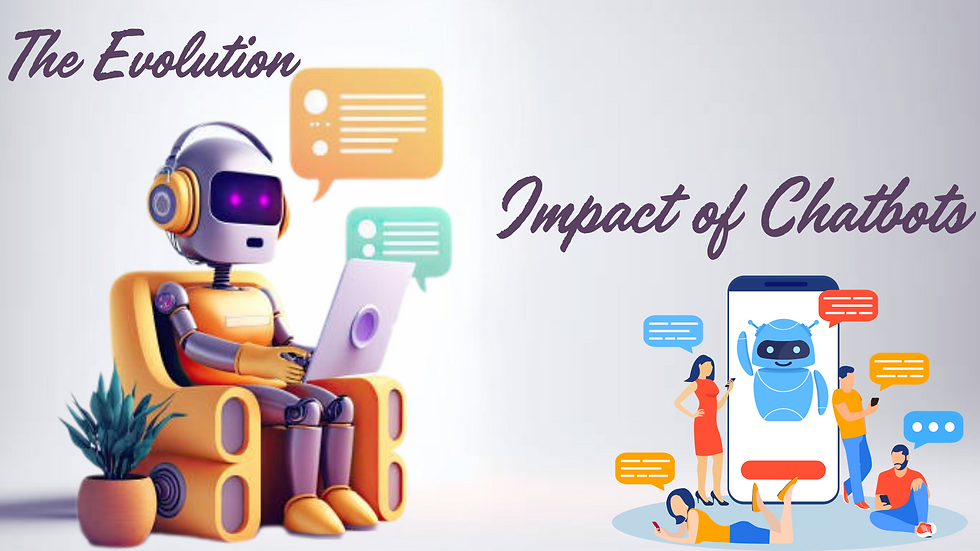Generative AI Transforming Creativity and Innovation
- A.I. Kimiya Innocorn

- Dec 6, 2024
- 2 min read
Updated: Aug 13, 2025

Generative AI represents a groundbreaking advancement in artificial intelligence, utilizing sophisticated algorithms to produce original content that closely mimics human creativity. This technology has rapidly evolved, impacting various fields such as art, music, literature, and even scientific research. At its core, generative AI leverages models like Generative Adversarial Networks (GANs) and Transformer-based architectures, which are trained on vast datasets to generate new, unique content based on learned patterns.
One of the most intriguing aspects of Generative AI is its ability to create realistic and compelling content. For example, GANs consist of two neural networks—the generator and the discriminator—that work in tandem to produce and evaluate new data. The generator creates content, while the discriminator assesses its authenticity. This iterative process results in highly refined outputs, from hyper-realistic images to lifelike audio. Similarly, Transformer models, such as GPT-3, can generate coherent and contextually relevant text, making them useful for applications ranging from chatbots to automated content creation.
The applications of generative AI are vast and diverse. In the art world, AI-generated artwork challenges traditional notions of creativity and authorship. Artists and designers can use generative models to explore new styles, patterns, and concepts, pushing the boundaries of conventional design. In music, AI algorithms can compose original pieces, blending different genres and styles to create novel soundscapes. Similarly, in literature, AI can assist in writing by generating plot ideas, dialogue, and even entire stories, providing writers with new sources of inspiration and collaboration.
Moreover, generative AI has significant implications for scientific research and technology development. For instance, AI models can simulate complex chemical reactions or biological processes, accelerating discoveries in fields like drug development and materials science. By generating and analyzing vast amounts of data, these models help researchers identify patterns and insights that might be missed through traditional methods.
However, the rise of generative AI also raises ethical and practical concerns. Issues such as data privacy, the potential for misuse in creating deepfakes, and the impact on traditional creative professions are critical considerations. As generative AI continues to evolve, it is essential to address these challenges through robust ethical guidelines and regulations to ensure that the technology is used responsibly and for the benefit of society.
In conclusion, generative AI represents a remarkable leap forward in artificial intelligence, offering unprecedented opportunities for creativity and innovation. By harnessing the power of advanced algorithms, we can generate original content, drive scientific progress, and explore new artistic possibilities. As the technology continues to advance, it is crucial to balance its benefits with careful consideration of its ethical implications. Kimya.ai




Comments